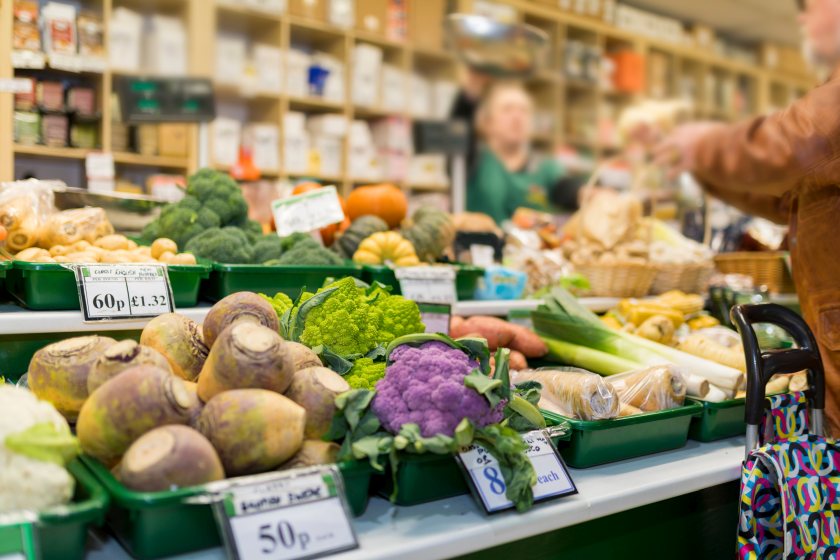Extreme weather threatens half of UK fruit and veg imports by 2050

The UK’s fresh food supply is under growing threat, with a new report warning that nearly half of all imported fruit and vegetables could face severe climate-related risks by mid-century.
The report, released by sustainability consultancy Aethr Associates in collaboration with the Fresh Produce Consortium, highlights the UK’s heavy reliance on international food imports — a vulnerability in the face of extreme weather.
In 2024, the UK imported 47% of its vegetables and 84% of its fruit, with much of it coming from climate-exposed regions.
Following record-breaking global heat in 2023 and the hottest day ever recorded on 22 July 2024, the report warns that extreme weather is no longer a distant threat.
Heatwaves, droughts, and floods are expected to strike more often in the very regions the UK depends on for its fresh produce.
The analysis reveals that 64% of UK fruit and veg imports come from just ten countries — including Spain, the largest supplier — where average temperatures are projected to rise by 16% by 2050.
Spain is expected to see its number of ‘hot days’ (where the average 24-hour temperature exceeds 35°C) more than double from nine to 20 annually. In Peru, that number is set to rise from one to eleven — a tenfold increase.
Even more concerning, the report projects that by 2050, 72% of produce from these top ten countries will be grown under conditions of extreme water stress, posing a significant risk of crop failure, price spikes, and disrupted supply chains.
“The increasing reliance on our fresh food supply from countries with competing demands for limited water supply will lead to more empty shelves and food price inflation like we have seen in recent years,” says Richard Bonn, co-founder of Aethr Associates.
“Climate change and the projections over the next 25 years are really important, and importers need to ensure that existing crop production methods can withstand the climate of 2050.”
Over the past five years, the UK has increased fruit and veg imports by 43% from countries facing severe water shortages — a trend fuelled by changing diets and growing demand for produce such as avocados, mangoes, and pineapples. Nearly £10bn is now spent annually on fresh produce imports.
The report urges UK importers to assess their exposure to climate risks and to work with growers and suppliers to implement adaptive strategies.
These include improving water storage systems, developing climate-resilient crop varieties, enhancing flood defences, and investing in infrastructure that can cope with rising temperatures.
“Solutions may involve enhancing water storage, moderating the impacts of extreme temperatures, strengthening flood defences, and planting climate-resilient crop varieties.
"Ultimately, success will depend on our ability to adapt through forward-thinking investment in infrastructure and innovation,” says Mr Bonn.
Kelly Shields, technical director at the Fresh Produce Consortium, echoed the call for urgent action: “Climate change is already reshaping the fresh produce sector, from tougher growing conditions to disrupted supply chains.
"This report is the first time that the data has been put together to highlight the challenge, as well as to shine a light on key solutions.”
The authors are calling on both businesses and policymakers to embed climate risk into strategic planning to safeguard national food security.








